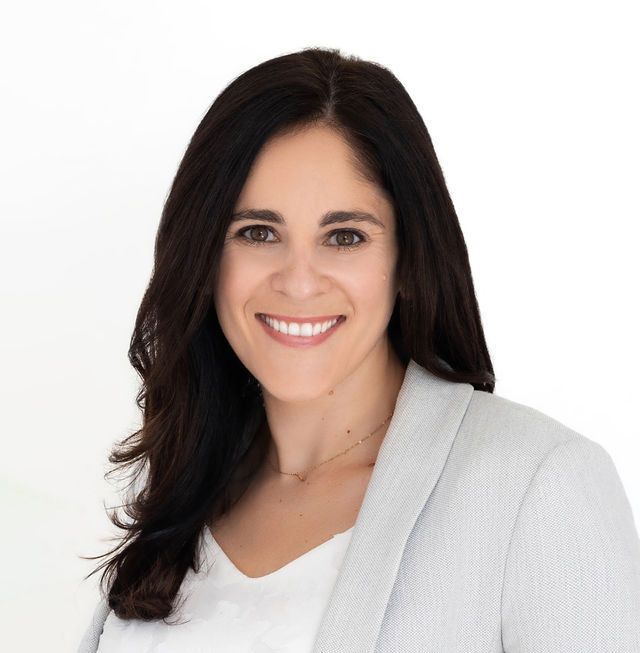By Lea Ann Biafora
How does one plan and prepare for the aftermath of a cancer diagnosis? Aside from doing your best to live a healthy lifestyle, and retain adequate health insurance, few options exist.
Whether you are a patient or a caregiver, the stresses brought on by cancer can overwhelm even the most organized, and optimistic, person. Cancer sparks intense fear, and anxiety, as well as questions such as, “How do I know if I am receiving the best treatment?” and, “What are the implications for my family and estate?”
An independent cancer care advisor helps answer those questions. Just as a financial advisor relies on a strategy that combines market knowledge, while considering client objectives, so too does a cancer care advisor help patients, and caregivers, tackle complexities that arise throughout treatment. Consider, for a moment, who would be on your speed dial if you heard the declaration “You have cancer.”
Other than a primary care physician, you might call a friend, neighbor or colleague who has experienced the disease. Maybe there’s even a personal contact within the health care industry who might expedite an appointment or two. Seeking the guidance of an independent cancer care advisor, or advocate, may not be top of mind – but it should be.
A newly diagnosed cancer patient’s journey often includes an “aha moment,” specifically, individuals quickly recognize how difficult it is to navigate the health care maze. Conflicting and inconsistent information abound. Unexpected barriers to treatment are pervasive. Too many cancer patients experience institutional delays in scheduling, as well as confusing insurance claims and billing errors. Patients are left to focus limited energy, not on beating the disease itself but rather on rescuing their family’s financial stability and sanity.
What’s more, the science of cancer treatment moves at an incredible pace. Diagnostic and treatment options continue to evolve. Health care providers struggle to stay fluent in the latest developments and to add to the potential confusion, the medical world has welcomed multiple ”specialized” specialists to the mix. Timely navigation, and coordination, of cancer care among specialists has become more critical than ever. The independent cancer care advisor, or advocate, provides just that.
Independent cancer care advisors, and advocates, are not to be confused with nurses involved in traditional care coordination models within an institutional setting. Over the last decade, or so, several hospitals and health care institutions and networks have begun to offer in-house solutions, utilizing oncology nurses and lay and financial navigators to assist patients in connecting the proverbial dots of the cancer care experience. While this represents a good start, there is no consistency in how these roles are utilized across various organizational systems. In-house navigators are confronted with ever-expanding caseloads in a system that, rightly or wrongly, tends to value and incentivize efficiency. To what extent can they allocate the necessary time and resources to address the patient’s specific needs/wants while interconnecting key aspects of care and helping the patient manage life with cancer?
We need to look no further than COVID-19 for a current example of how cancer care is affected by an overstressed health care system. Since the global pandemic appeared in early 2020, business as usual in health care has been anything but ordinary. Consider, for example, the “new normal” whereby caregiver support has been all but eliminated during critical face-to-face conversations and/or during emergency room or hospitalizations.
Additionally, we have seen systemic access bottlenecks to delays in critical cancer screenings, and treatment, driven by increased fear, uncertainty and social, and emotional isolation, among those newly diagnosed, and living, with cancer. These interconnected complexities within our insurance and health care delivery systems continue to create unfortunate barriers to excellent cancer care.
Enter the independent cancer advisor, also referred to as cancer care advocate, cancer care manager – or specialized patient advocate. All conduct their services independently from an institution or health care provider. Many draw upon their experience, and expertise, as they act as the patient’s quintessential cancer care quarterback. Cancer care advocates are highly adept, and uniquely positioned, to formulate, prioritize and implement a flexible strategy to bridge health care system silos, while simultaneously addressing individualized needs at any point of the cancer care journey. Duties include helping patients set appointments for provider visits, and medical tests, and obtaining financial, legal and social support. Cancer care advisors also act as a liaison, promoting a strong patient-provider relationship and ensuring the patient receives the best cancer care possible to improve survival.
This growing industry of private advocates, or advisors, is made up of a wide variety of professionals that include nurses, social workers, physicians or non-medical professionals. Each possesses an area of expertise such as patient safety concerns, medical team communication, bill review and reconciliation, etc.
Along with the creation of a set of standards of practice, and ethics, there has been a recently appointed professional certification in an effort to increase the competency among private advocates. As the number of professional advocates grows, a few professional advocacy organizations offer additional guidance in selecting the right care advisor/advocate for every health care situation:
- Advoconnection (https://advoconnection.com)
- National Association of Health Care Advocacy (https://www.nahac.com)
- Greater National Advocates (https://www.gnanow.org)
Don’t take on the fight of cancer alone. Hiring the right cancer care advisor/advocate will likely save you money. It also may save your life.
Lea Ann Biafora is CEO, and founder, of Beacon Oncology Nurse Advocates. With 30 years’ experience in the healthcare industry, Biafora has experience as a certified oncology nurse and as an accomplished leader within the health care business sector. She has devoted her career to assisting cancer patients in acute care settings, academic medical centers and community settings.










